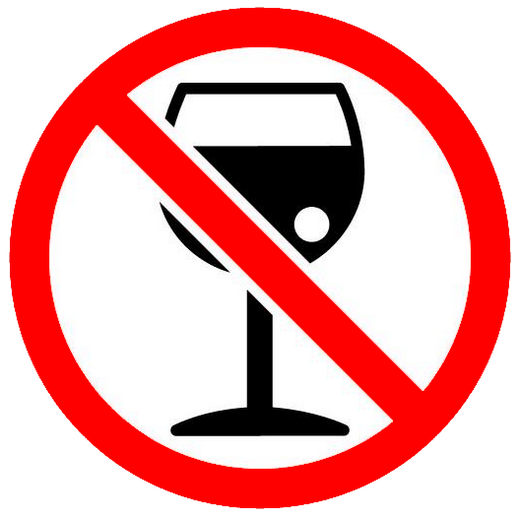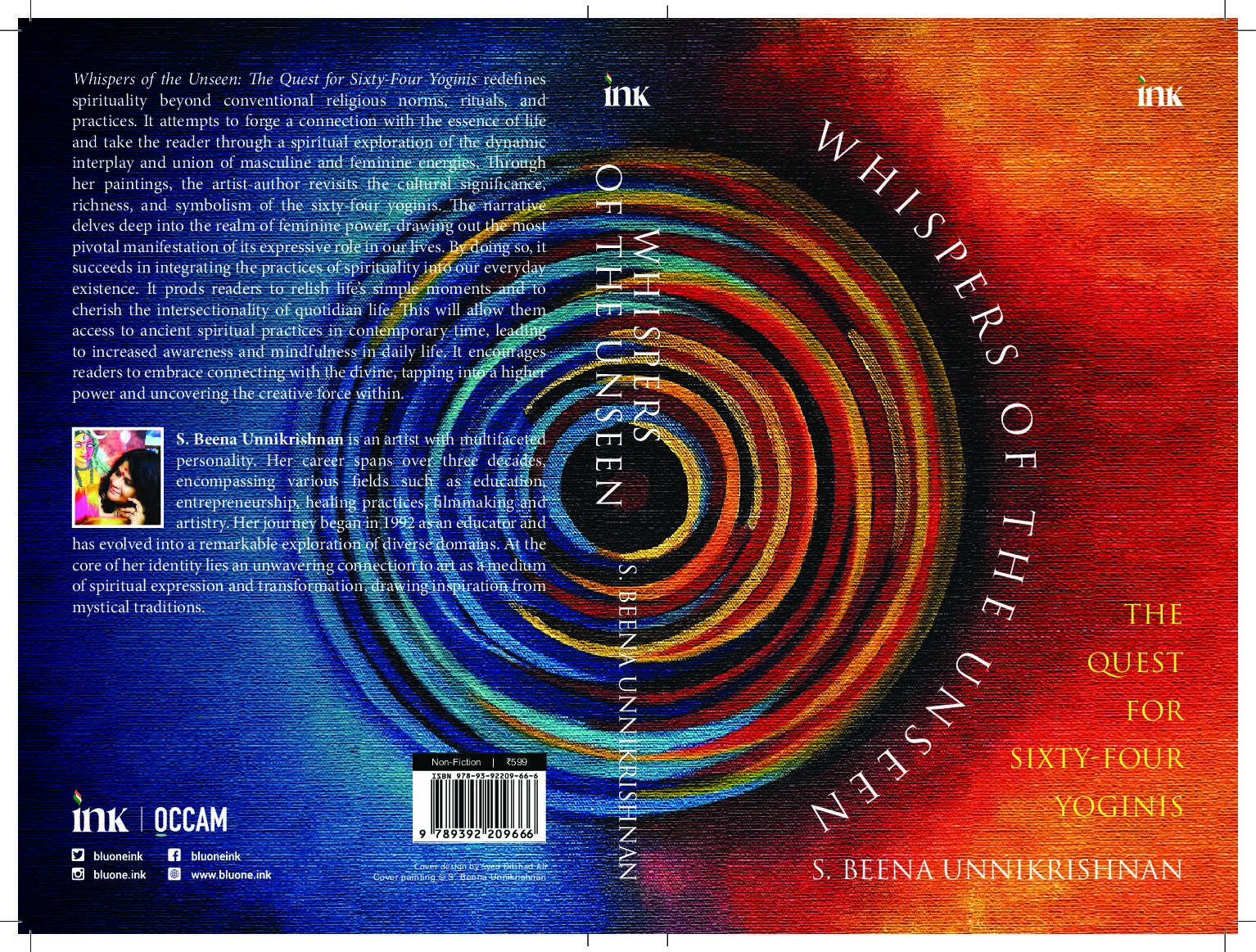India on highway to prohibition
Ravi Shanker Kapoor | February 15, 2017 9:19 pm

On the face of it, the Supreme Court’s December 2016 order banning the sale of liquor within 500 metres of national and state highways may appear an exercise in judicial outreach, even a capricious ruling that disregards important aspects like livelihoods of a large number of people and impact on a sector. A closer scrutiny of the issue, however, reveals that the real culprit is the political class which is unable to keep sanctimony away from the imperatives of statecraft.
The story began in January 2004 when the National Road Safety Council (NRSC) unanimously agreed in a meeting that licences for liquor shops should not to be given along the national highways. The NRSC is the apex body for road safety established under Section 215 of the Motor Vehicles Act, 1988. In accordance with the NRSC’s recommendation, the Ministry of Road Transport and Highways (MoRTH) issued a circular to state governments advising them to remove liquor shops situated along national highways and not to issue fresh licenses.
Since then, “MoRTH has consistently advised all the state governments to remove liquor shops and not to issue fresh licences to liquor vends along national highways. On 1 December 2011, MoRTH in an advisory to the Chief Secretaries of all the States and Union Territories noted that India had reported the highest number of road accident fatalities in the world and data of 2009 indicated that a road accident occurred every four minutes. Drunken driving, it was stated, was a leading cause of road accidents with as many as 27,152 road accidents being caused under the influence of alcohol in that year,” the Supreme Court order said.
Two points need to be noted here. First, the apex court did not take the issue of vends along highways on its own; it just ensured that the expert committee’s view, accepted by the Central government, got enforced by states. Second, the NRSC view that liquor shops should not be allowed along the national highways enjoyed bipartisan political support. For in January 2014 the Bharatiya Janata Party-led coalition was in office and later the United Progressive Alliance led by the Congress. Therefore, practically every major political party has (at least tacitly) supported the NRSC recommendation.
No politician opposed the NRSC recommendation for the same reason that they don’t openly oppose prohibition: they don’t want to be known as the purveyors and promoters of vice; even worse, they don’t like to be accused as the stooges of the liquor barons, which they would be if they object to ban on alcohol. In our country, such concepts as liberty and individual choice—the very soul of liberal democracy—are seldom at premium. Even those who have some regard for individual freedom oppose prohibition on practice grounds—it will cost the exchequer dearly, livelihoods will be lost, tourism will be hit, etc. They never say that prohibition is wrong because it undermines the fundamental principle of the individual’s choice. In this instance, too, it is evident that no politician applied their mind to the recommendation and its ramifications.
Now that the recommendation has the authority of a policy statement, and the ramifications are staring in their face, politicians of all hues are running helter-skelter. They are trying to plead with the highest court to review its judgment, even trying to circumvent it.
The Haryana government is seeking legal opinion from the office of the Advocate General, reported Hindustan Times (February 11). Haryana Finance Minister Captain Abhimanyu Singh said, “We are bound to follow the Supreme Court order. However, we are seeking a legal interpretation of the order to know its exact implications. We have also sought a clarification on how to measure the distance from the road or air. The government is examining the judgment and the questions that are on the minds of liquor traders in the wake of the Supreme Court order could only be answered when we have the necessary clarification on the same.” Over 650 liquor shops in the state, including 89 in Gurgaon, and 143 restaurants are directly hit by the apex court order.
The Karnataka government too is unhappy. It wants to appeal before the Constitution bench of the apex court. Goa Chief Minister Laxmikant Parsekar has also announced that his government would file a review petition in the Supreme Court.
Madhya Pradesh and Maharashtra governments are clever. The former has already reportedly declared state highways as district highways, while the Maharashtra government intends to do the same to circumvent the apex court ruling.
DNA reported (February 10) the BJP’s hypocrisy over the issue. It quoted an unnamed senior BJP leader as saying, “Revenue is a major worry but the de-notifying decision would invite public anger. The BJP, on the one hand, made Finance Minister Sudhir Mungantiwar’s district, Chandrapur, liquor-free. On the other hand, it wants to protect liquor shops and bars in cities. This double standard will not be right for the party in the long run.”
At the same time, the saffron party is toying with the idea of prohibition in MP. Business Standard reported (January 30) about “speculations if Madhya Pradesh is going Bihar and Gujarat way to put blanket ban on liquor from Coming Gandhi Jayanti. If insiders in the ruling party (BJP) are believed the party may put prohibition in election manifesto during Assembly elections for 2018.”
Hypocrisy, however, is not limited to the BJP. The Congress government in Karnataka wants the Constitution bench of the apex court to review the ruling, but the party’s Goa unit continues to flay the BJP government in Goa for its alleged inaction over the Supreme Court ruling.
It is quite clear that the political class doesn’t have the desire to have comprehensive discussion and debate over the issue of alcohol. This makes the arena open for the depredations of the self-appointed guardians of public morals. They are likely to steer the nation towards prohibition.






























